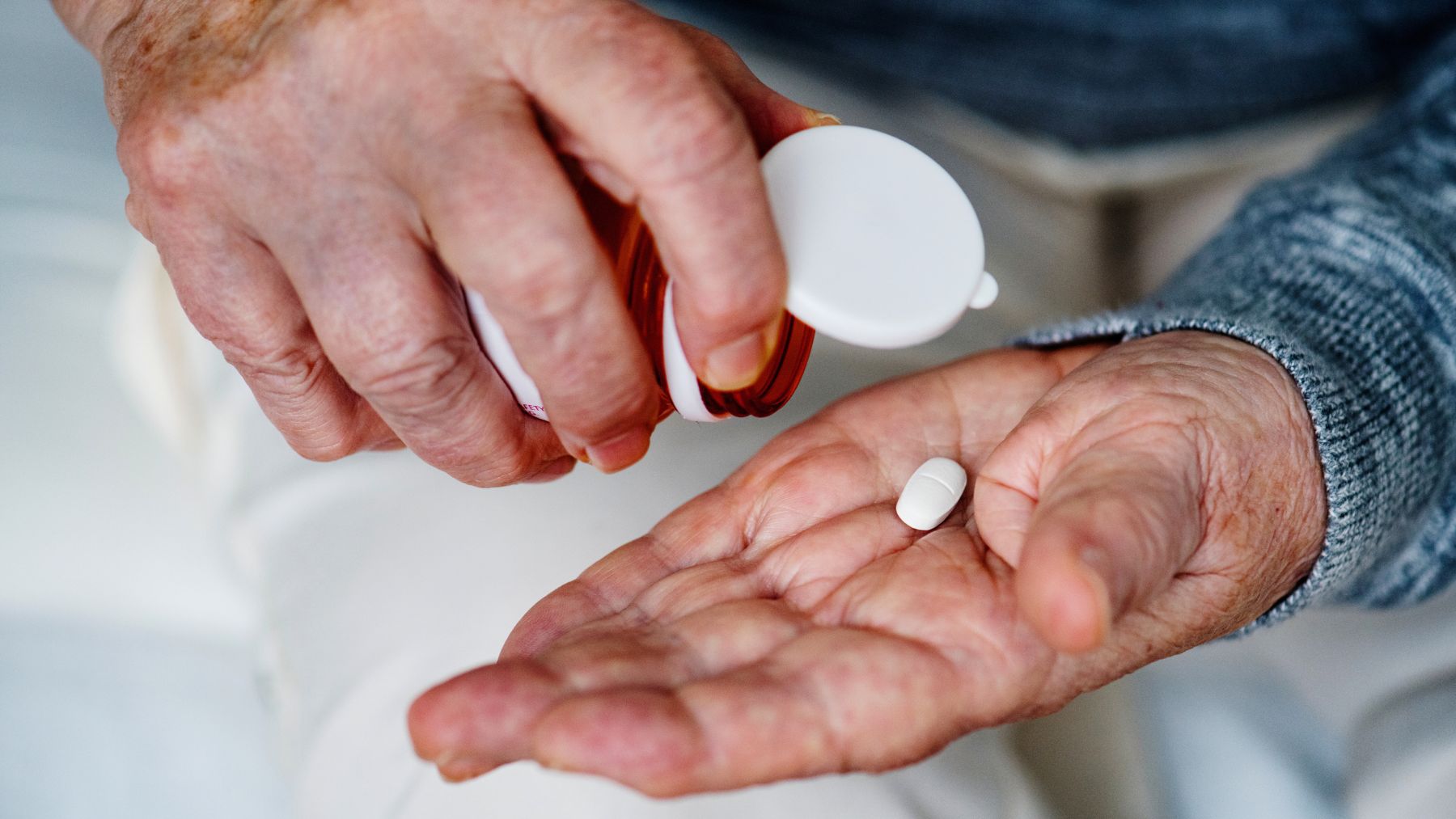Everyday habits may be quietly working against antibiotic treatments. According to new research, compounds as common as caffeine can interfere with how bacteria respond to these medications, making them less effective.
The study, led by scientists at the University of Tübingen and the University of Würzburg, shows that dietary ingredients, prescription drugs, and even coffee can influence bacterial defenses. Let’s look at what the researchers found and how it impacts the use of antibiotics.
How common substances interfere with antibiotics
The team tested 94 different substances to see how they affected Escherichia coli (E. coli), a bacterium often responsible for urinary tract infections and other illnesses. They discovered that compounds we regularly consume can alter bacterial gene regulation and the function of transport proteins, which move substances into and out of the cell.
This matters because antibiotics need to get inside bacteria to work. If those transport systems change, less of the drug enters, reducing its effectiveness. Lead researcher Professor Ana Rita Brochado explains that caffeine sets off a chain reaction beginning with the gene regulator Rob, ultimately changing several transport proteins in E. coli. The result is a reduced uptake of antibiotics such as ciprofloxacin.
The researchers describe this as an “antagonistic interaction”, where a substance like caffeine weakens the action of an antibiotic. Interestingly, the same effect was not seen in Salmonella enterica, a close relative of E. coli, showing that similar bacteria can respond differently to the same chemical signals.
The impact of this study on antibiotic use
This study, published in PLOS Biology, highlights a form of what scientists call “low-level antibiotic resistance”. Unlike classic resistance, which comes from genetic mutations or resistance genes, this type develops through bacterial adaptation to environmental cues. That means what you eat or drink during treatment could subtly influence how well your medication works.
The findings open new questions for both doctors and patients. Should certain foods or drinks be avoided while taking antibiotics? Could combining drugs with common dietary substances alter outcomes? While the research does not suggest people need to cut out coffee entirely, it does point to the importance of considering everyday factors when studying drug effectiveness.
Antibiotic resistance is already one of the biggest challenges in medicine. Most discussions focus on the overuse or misuse of antibiotics, such as not finishing a prescription. This study adds another layer: substances with no antimicrobial effect on their own can still shift the balance by changing how bacteria regulate themselves.
As Professor Brochado’s team shows, bacteria are highly sensitive to their environment. A morning cup of coffee, a supplement, or another common compound could all influence how these microbes respond under the stress of antibiotic treatment.
For now, the findings don’t mean you should immediately change your diet when prescribed antibiotics. However, they do suggest that future medical guidelines may need to account for interactions beyond drugs alone. The more we understand about how bacteria adapt, the better chance we have at keeping antibiotics effective for as long as possible.
